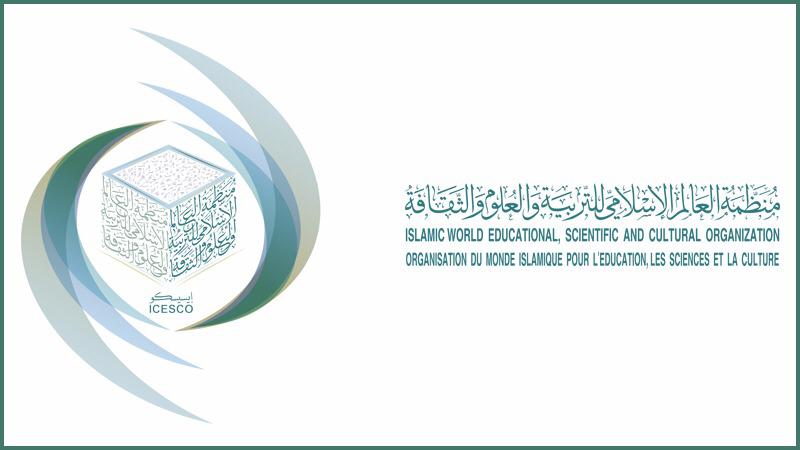
ICESCO Pays Tribute to Frontline Heroes on World Humanitarian Day

19 August 2020
As Covid-19 ravages lives and economies in 213 countries and territories around the world, Islamic World Educational, Scientific, and Cultural Organization (ICESCO) pays tribute to medical and social frontliners who risk their lives every day to curb the outbreak.
This year’s celebration of World Humanitarian Day is peculiar as it comes at a catastrophic time for humanity in the form of a devastating pandemic of Covid-19. The numbers are telling. A UNOCHA July 2020 report estimates that up to 6,000 children could die every day from preventable causes as a result of Covid-19. With economies going into recession, unemployment and poverty are spiking up. This creates a huge threat to food security. In fact, the report states that the number of acutely food-insecure people in countries affected by conflict, natural disaster, or economic crises is predicted to increase from 149 million pre-COVID-19 to 270 million before the end of the year if assistance is not provided urgently.
The case of gender-based violence (GBV) has also surged during the COVID-19 pandemic. Reported cases of GBV and the number of calls to dedicated hotlines has jumped from 60 to 770 percent in different countries. UN Women estimates that in the past 12 months, up to July 2020, 243 million women and girls, aged 15–49 years, globally, were subjected to sexual and/or physical violence perpetrated by an intimate partner, while older women were also experiencing violence. Projections indicate that for every 3 months the lockdown measures continue, an additional 15 million cases of GBV are expected worldwide.
All 57 countries within the Islamic World have also been affected by the pandemic. With limited resources, domestic conflicts and widespread poverty, the Covid-19 pandemic has a tremendous impact on the lives and livelihood of millions of people in the Islamic World. During the lockdown period, ICESCO provided support to 24 Member States in the fields of education, culture, science and technology, and emergency humanitarian assistance to the most vulnerable people.
Despite the overwhelming inadequacies, medical frontliners and health workers in the Islamic World put aside their comfort and risked their lives in the middle of infection zones, just to make sure people are safe and cured and that the outbreak is contained. They sacrificed their normal lives and deprived themselves of quality time with their families to fight a bigger war for the sake of humanity.
These are the real heroes of our countries, and ICESCO, as an intergovernmental organization representing 54 Member States, pays its highest tribute to these unsung heroes.
ICESCO calls for more solidarity and policy action within the Islamic World and beyond and urges governments to place priority funding towards the medical, social, and humanitarian sector. The focus is particularly on ICESCO’s Comprehensive Humanitarian Coalition, to support the most vulnerable groups in society, namely children, women, marginalized people, and the displaced minorities. To also curb the incidence of GBV from spiralling out of control, ICESCO urges governments to increase the provisions in the welfare and mental healthcare sectors to leverage much needed support for women under oppression during these terrible times.




